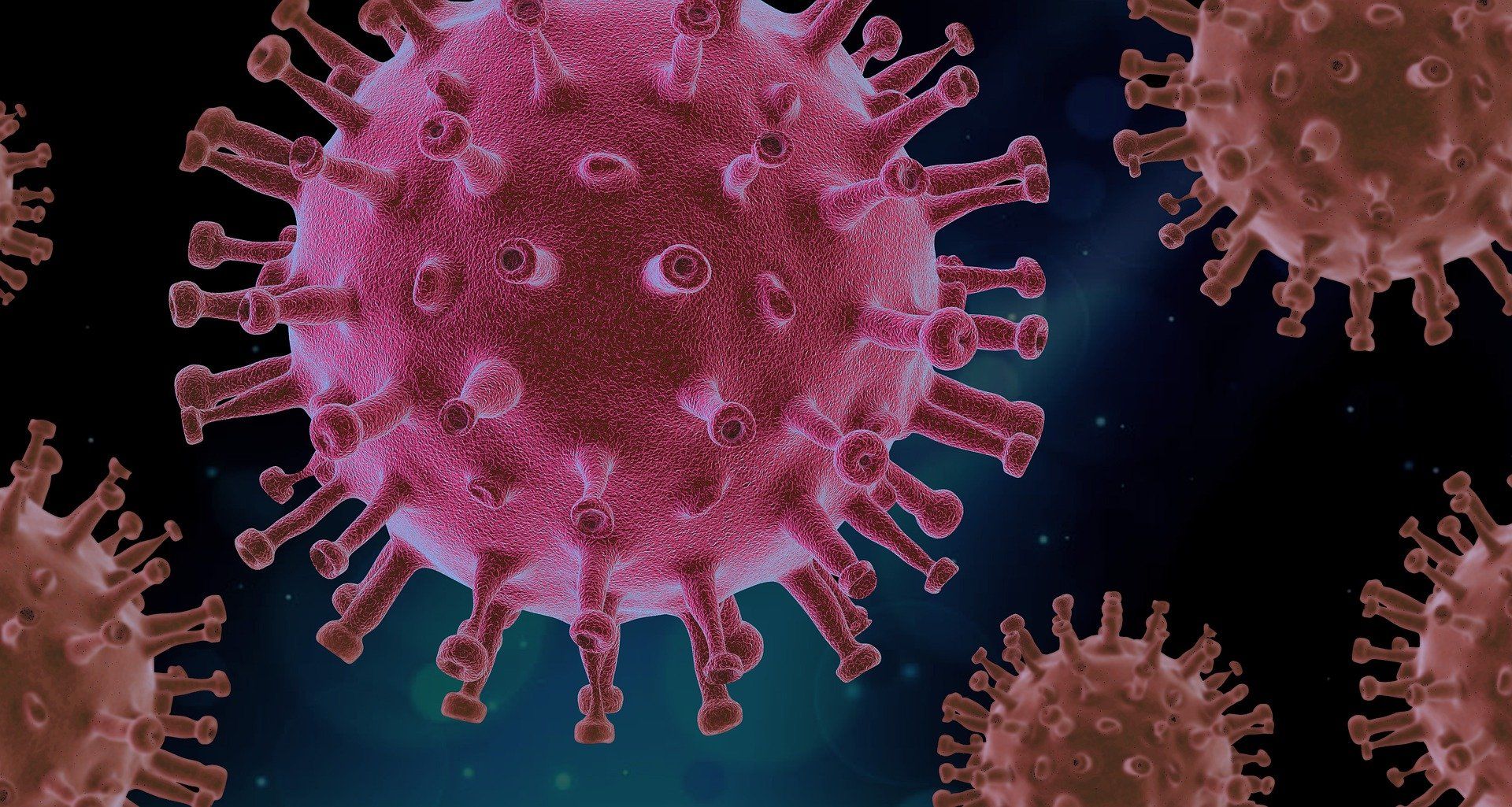India has
vehemently opposed the World Health Organisation’s new estimate on Covid
deaths. According to the Indian government, the figure that WHO has provided
does not take cognisance of the reality, and the entire Indian system. The WHO
report published Wednesday states India has seen approximately 4.7 million excess
deaths between early 2020 and late 2021.
Also Read | Nearly 15 million deaths associated with COVID-19: WHO
WHO’s global
report on COVID deaths records nearly 15 million deaths in course of the
pandemic, more than double the actual numbers reported worldwide – 6 million.
According to India’s
Union Ministry of Health and Family Welfare, “India has consistently questioned
WHO’s own admission that data in respect of 17 Indian states was obtained from
some websites and media reports and was used in their mathematical model.”
Also Read | COVID-19 transmission 1,000 times more likely from air than surfaces: Study
India has
questioned the methodology WHO followed to gather mortality projection data in
the Indian case, and disregarded it as unscientific.
On the other hand,
Dr Samira Asma, assistant director general for Data, Analytics and Delivery at
WHO has underlined the need for the health agency’s mortality calculation.
“Measurement of
excess mortality is an essential component to understand the impact of the
pandemic. Shifts in mortality trends provide decisionmakers information to
guide policies to reduce mortality and effectively prevent future crises.
Because of limited investments in data systems in many countries, the true extent
of excess mortality often remains hidden.”
Standing by WHO’s
report, Dr Asma said: “These new estimates use the best available data and have
been produced using a robust methodology and a completely transparent approach.”
Meanwhile, Lie Zhenmin,
the United Nations’ under-secretary-general for economic and social affairs,
said, “The United Nations system is working together to deliver an
authoritative assessment of global toll of lives lost from the pandemic. This
work is an important part of UN DESA’s ongoing collaboration with WHO and other
partners to improve global mortality estimates.”







